Market Analysis
In-depth Analysis of Sustainable Fabrics Market Industry Landscape
The landscape of the Sustainable Fabrics market is constantly changing due to a multitude of factors that affect supply, demand, and market dynamics as a whole. In order to successfully navigate the market and support the continuous transition toward environmentally friendly practices, stakeholders in the sustainable textiles business must be aware of these elements. 1. Consumer Awareness and Demand: Growing consumer awareness and demand from environmentally conscious consumers is the main factor propelling the sustainable fabrics industry. Growing consumer knowledge of the negative environmental effects of traditional textiles leads them to look for sustainable substitutes, which changes the dynamics of the market and promotes innovation in the manufacture of fabrics. 2. Fashion Industry Trends: The need for sustainable materials is greatly impacted by trends in the fashion industry. Brands and designers who adopt eco-friendly methods influence the dynamics of the market. 3. Technological Developments in Textile Production: Market dynamics are significantly influenced by continuous technological developments in textile production processes. The competitiveness of market participants is shaped by innovations in ecologically friendly dyes, water-saving methods, and recycled materials used in sustainable fabric manufacturing. 4. Circular Economy Practices: The market for Sustainable Fabrics is impacted by the development of circular economy techniques, such as textile recycling and upcycling. Businesses that use closed-loop production methods influence market dynamics and are in line with the textile industry's wider goal of reducing waste. 5. Corporate Sustainability Initiatives: The market for sustainable fabrics is impacted by the pledges and corporate sustainability initiatives made by well-known brands and retailers. Market growth is facilitated by companies implementing responsible sourcing policies and integrating sustainable textiles into supply chains. 6. Regulatory Standards and Certifications: The Sustainable Fabrics market is subject to regulatory standards and certifications related to environmental sustainability. Compliance with eco-labels and certifications, such as GOTS (Global Organic Textile Standard) and OEKO-TEX, influences market dynamics and consumer trust in sustainable products.


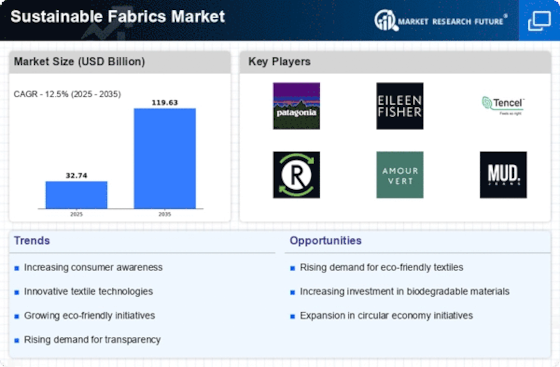
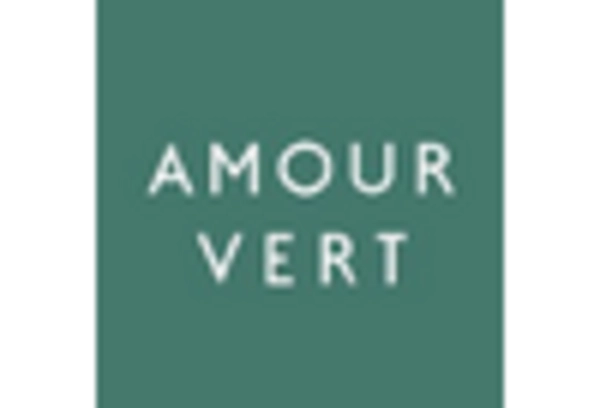
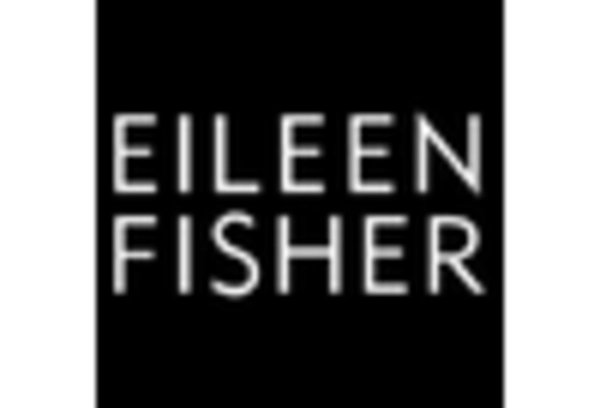
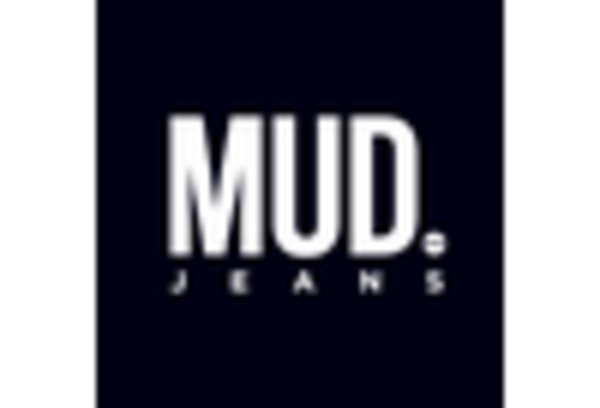
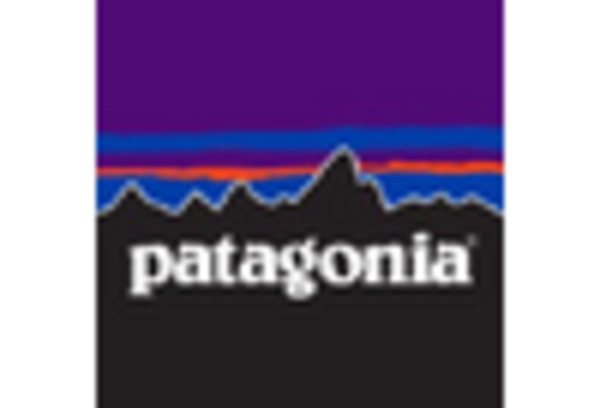
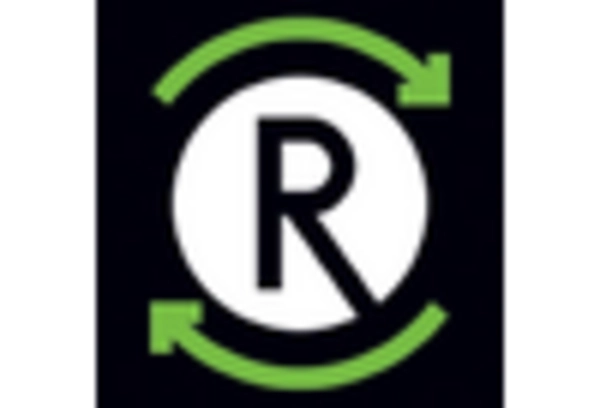
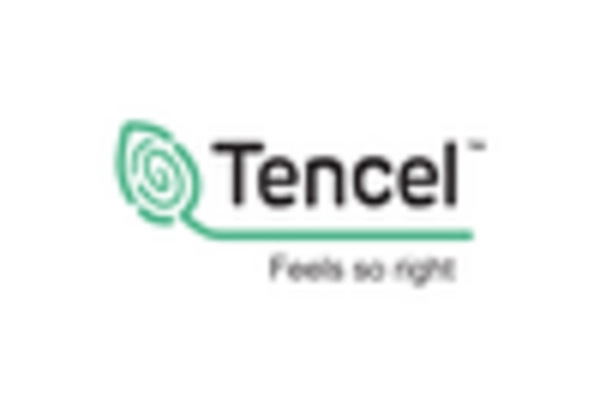









Leave a Comment